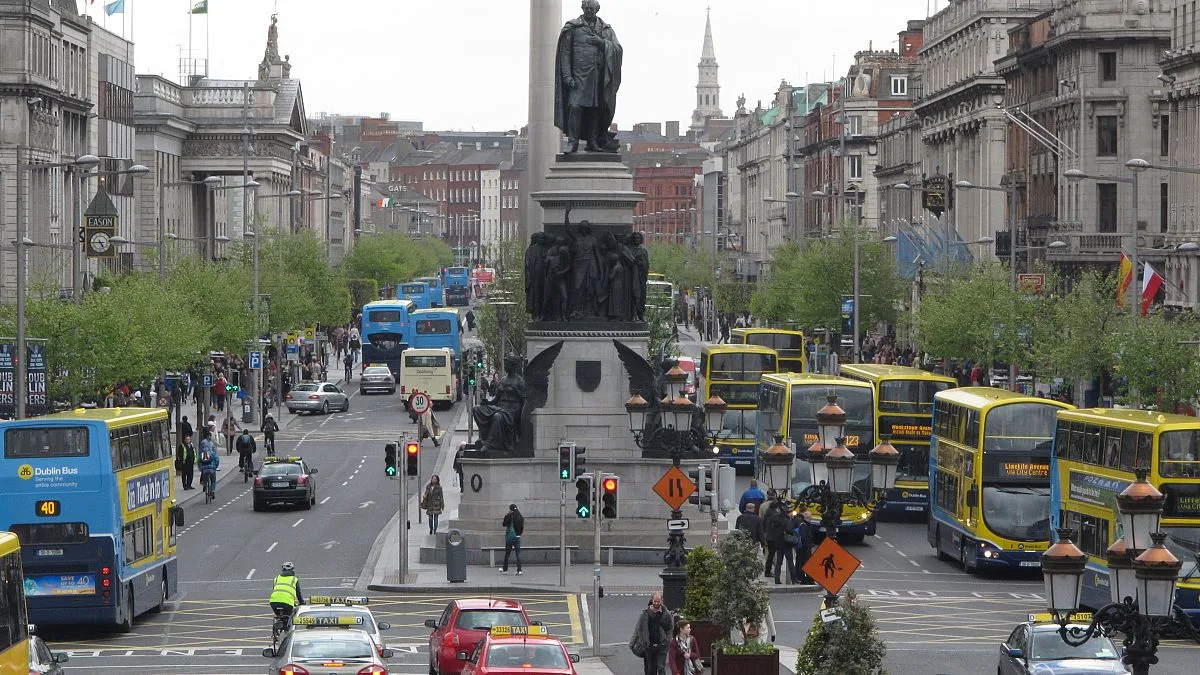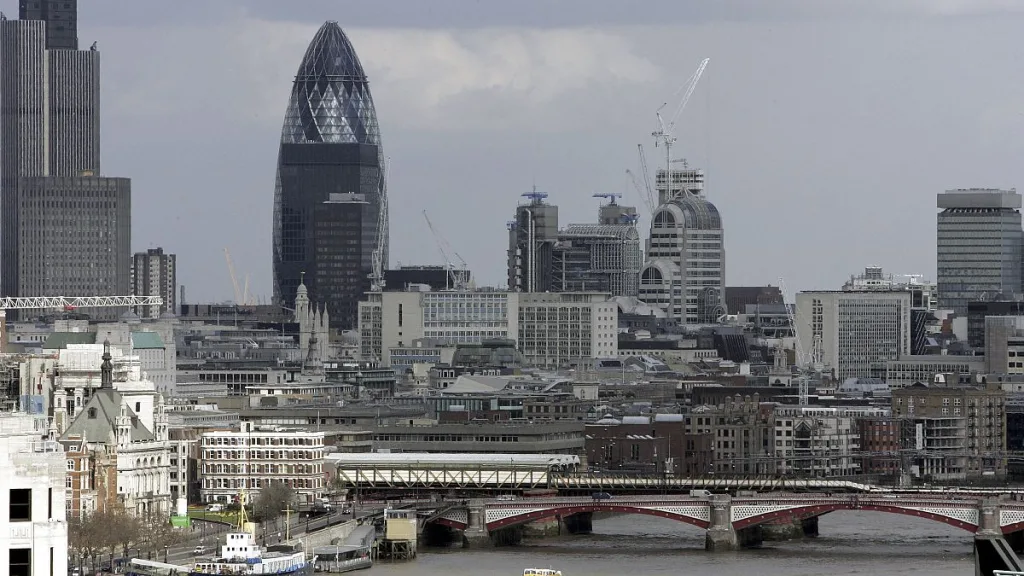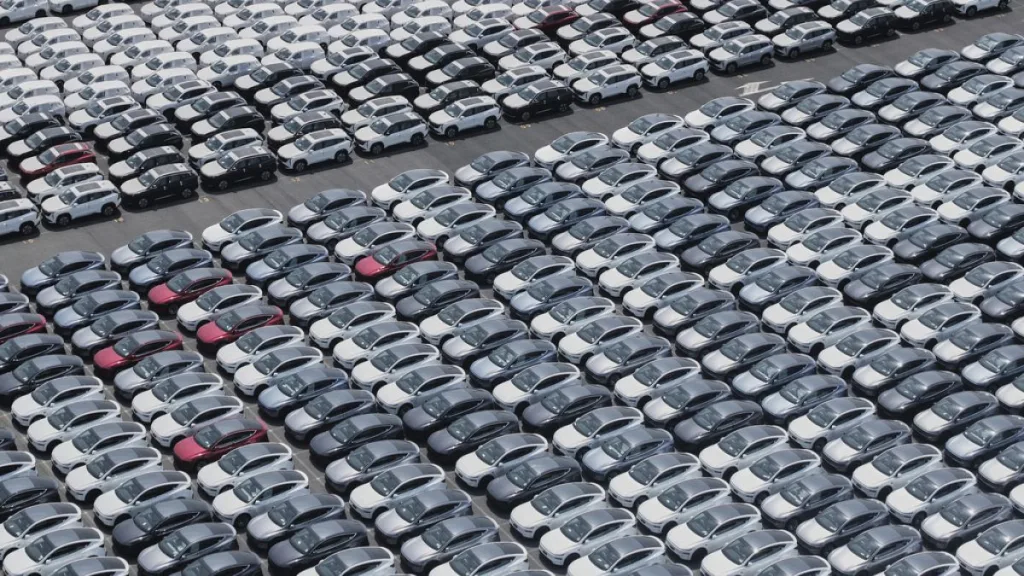Irish politicians unveiled a substantial national budget for 2025 this afternoon, despite ongoing concerns about inflation and fiscal stability.
During a press conference, Ireland’s Minister for Finance, Jack Chambers, along with the Minister for Public Expenditure, detailed the government’s financial strategy for the upcoming year. “The design of Budget 2025 focuses on progressivity, fairness, and creating real opportunities for the future,” Chambers stated.
With an election looming before March of next year, the government aims to win voter favor through various financial incentives.
Key proposals include promised reductions in income taxes and an increase of 80 cents to the minimum wage effective January 1st. Additionally, the minimum threshold for inheritance tax will rise, allowing for larger tax-free transfers of wealth. The government will also extend a reduced VAT rate for gas and electricity.
According to Ricardo Amaro, lead economist at Oxford Economics, “The budget presents a significant package of spending increases and tax cuts, intended to please a wide segment of the electorate as Ireland approaches the polls.” He added that while the economy is robust, the current level of stimulus might be excessive, particularly given that domestic inflation appears to be more persistent than imported inflation.
Demands for Fiscal Caution
Prior to the announcement, economists had advised caution regarding the nation’s financial management. The Irish Fiscal Advisory Council (IFAC) notably expressed concerns that, although Ireland displays a healthy spending margin, inflation risks might again rise above the 2% target. Increased monetary injection into the economy could lead to higher demand for goods and services, thereby driving up prices.
Minister Chambers projected that Ireland is on track for a budget surplus of 7.5% of national income in 2024, amounting to €23.7 billion. This is an increase from a previous forecast of 2.8%, largely due to a windfall tax expected from Apple. Following a recent ruling from the European Court of Justice, the Irish government is expected to collect €13 billion from Apple for previously uncollected taxes, which the court claimed stemmed from illegally low rates.
While this influx of funds will boost the national treasury, it remains a one-off benefit and is not a sustainable revenue stream. This, combined with inflationary threats, strengthens the case for cautious spending. Chambers remarked, “Our public finances heavily rely on corporation tax, much of which is transient and not connected to our domestic economy. We cannot use these unpredictable revenues to support ongoing expenditure commitments.”
Public Expenditure Minister Paschal Donohoe reinforced this message, emphasizing that a portion of the increased tax revenue will be allocated to resilience measures, specifically the Future Ireland Fund and the Infrastructure, Climate, and Nature Fund. “A budget surplus offers flexibility and better equips us to navigate unforeseen risks,” Donohoe noted.
Investment Priorities
On Tuesday, the ministers also highlighted the crucial need for investment in public infrastructure to address long-standing issues in Ireland. Areas identified for enhancement include energy, water, housing, and healthcare.
The health sector is set to receive an additional €2.7 billion over the next two years, which will facilitate the introduction of 495 new hospital and community service beds. Moreover, significant investment will focus on growing the supply of new homes and supporting affordable housing initiatives, crucial as many in Ireland struggle with skyrocketing accommodation costs owing to complicated planning regulations and limited supply.
John D. FitzGerald, an economist at Trinity College Dublin, warned, “Measures that provide additional funding for select households to purchase homes will likely inflate house prices further. What we truly need is a sustained medium-term strategy to expand the investment capacity of the economy to tackle necessary infrastructure projects through 2030.”
FitzGerald further argued that the effectiveness of the budget would be amplified if paired with reforms to accelerate investment, particularly changes to the planning system.
In summary, the Irish government faces a dual challenge: harnessing the country’s strong economic position while balancing the public’s expectations for increased generosity and the economist’s calls for financial prudence.
Photo credit & article inspired by: Euronews



